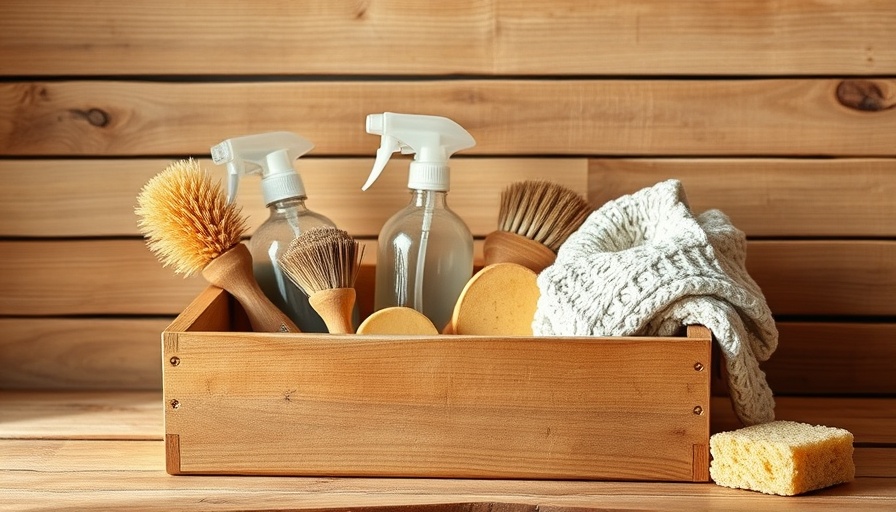
Redefining Cleaning: The Swedish Städdag Tradition
Cleaning often evokes feelings of dread. Many people see it solely as a necessary chore, one that occupies precious free time and leads to a frenzy of rushing around the house. In the United States, a survey by Cinch Home Services revealed that over 50% of respondents experience guilt over procrastinating on household duties. However, in Sweden, there's an eye-opening alternative approach known as städdag that transforms cleaning into a community experience.
What is Städdag?
Städdag translates directly to "cleaning day" and is a cultural institution in Sweden, typically occurring on Saturdays. It invites neighbors and family members alike to unite and tidy shared spaces, whether it's the common areas in an apartment complex or within one's own home. Susanna Heiskanen, a notable figure on Scandinavian lifestyle, highlights that städdag is much more than just cleaning; it’s a social event that fosters community bonding. Residents gather in groups, taking part in indoor and outdoor cleaning activities such as tidying up gardens or clearing shared hallways.
The Social Benefits of Städdag
Unlike the solitary nature of cleaning often experienced in American households, städdag encourages connection. The activity becomes a means to strengthen relationships—turning tedious chores into enjoyable gatherings. Heiskanen explains, "It creates a community feeling and encourages people to bond over areas that they all use." This mindset shift from seeing cleaning as a chore to viewing it as an opportunity for social interaction not only lightens the workload but also enriches the community relationships.
How to Take Part in Städdag
Participating in städdag is simple! For those residing in single-family homes, family members can join forces to spruce up the house together. Those living in apartments should consider reaching out to fellow residents to tackle communal areas. It might even cultivate new friendships as neighbors collaborate on maintaining their living environment. As Heiskanen notes, "There's no better way to bond with your community than over making your shared areas look good." Whether it’s cleaning out the garage or sprucing up the courtyard, städdag invites everyone to participate actively.
The Cultural Significance of Community Cleaning
Engaging in städdag can lead to broader conversations about urban living and communal responsibilities. In a world increasingly focused on individualism, coming together for a common cause can create a profound sense of belonging. Community cleaning days remind us of our shared environments and cultivate pride in our spaces. As traditions like these encourage collective responsibility, individuals often find themselves more engaged and interested in local events and initiatives.
Shifting Mindsets: From Chores to Connection
The städdag tradition offers insightful takeaways worth considering. By framing cleaning as communal and collaborative, we can alter our perceptions of mundane tasks. As people in the U.S. grapple with feelings of guilt and stress associated with household chores, the Swedish approach promotes a healthier outlook. Imagine transforming that Saturday scramble into a time for gathering friends and neighbors! Not only does it promote cleanliness, but it also weaves tighter connections amongst community members.
Practical Tips for Implementing Städdag in Your Life
Implementing a similar community approach within your neighborhood doesn't have to be daunting. Start small by organizing a one-off cleaning day focused on a common area. Use social media or community boards to rally interest, and encourage others to bring refreshments for a shared experience post-cleaning. By investing energy into making cleaning a social experience, you can kickstart your journey towards a more engaged and connected neighborhood.
Overall, embracing städdag can redefine our experiences with cleaning, blurring the lines between chores and community-building. So why not give it a try? Gather your family or invite your neighbors for a Saturday cleaning day and watch as mundane tasks become a source of joy and social connection.
 Add Row
Add Row  Add
Add 




Write A Comment